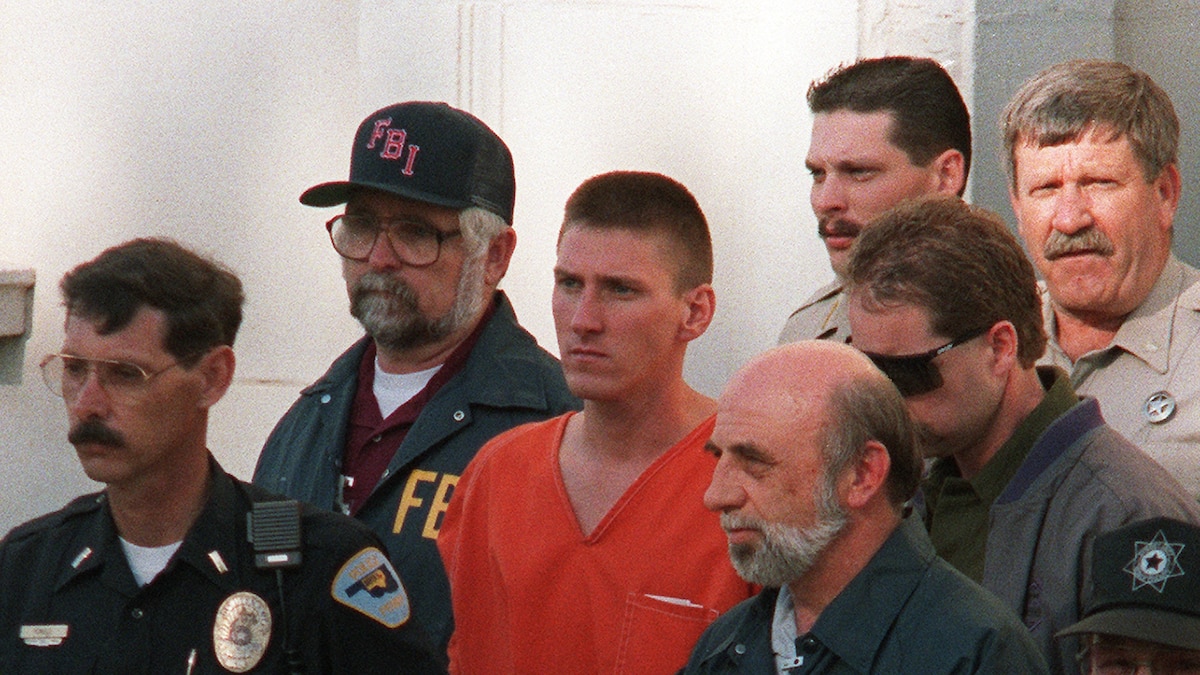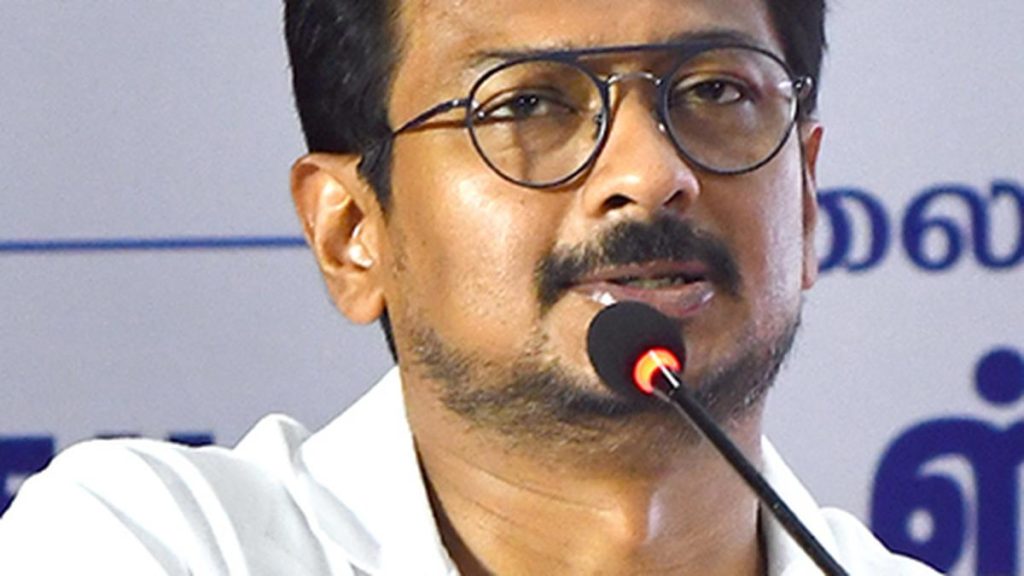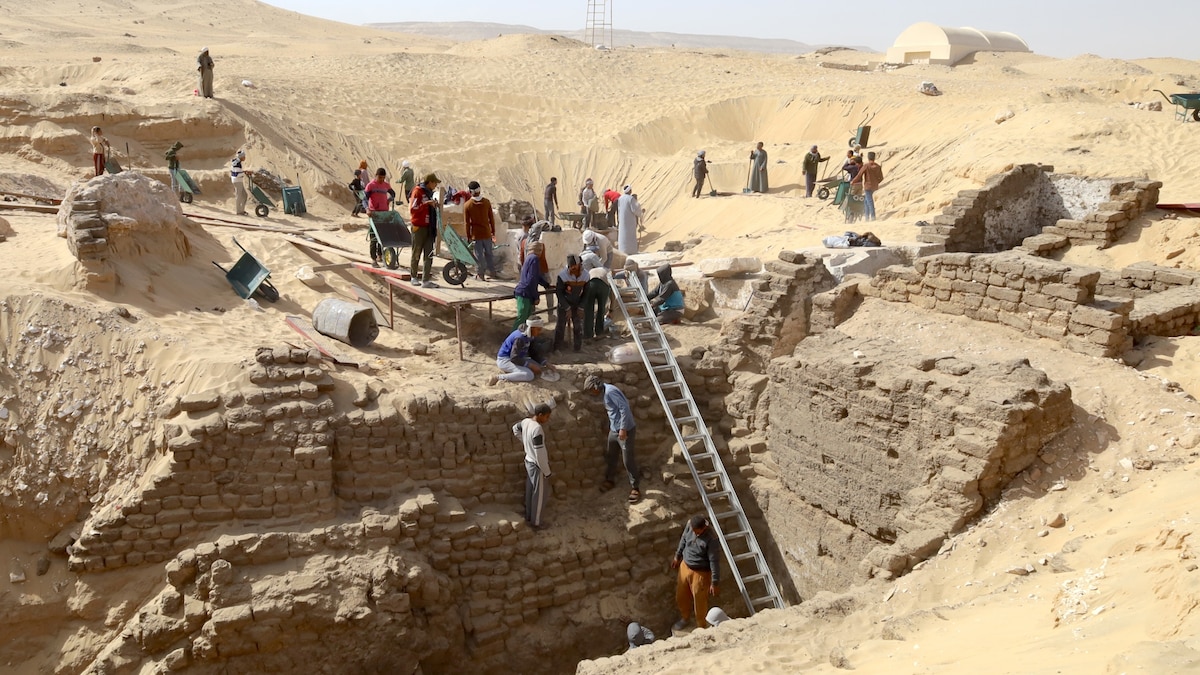Now Reading: Oklahoma City Bombing: Unveiling a Hidden Threat in America
-
01
Oklahoma City Bombing: Unveiling a Hidden Threat in America
Oklahoma City Bombing: Unveiling a Hidden Threat in America

Swift Summary
- On April 19, 1995, a bomb destroyed the Alfred P. Murrah Federal Building in Oklahoma City, killing 168 people, including 19 children, in one of the deadliest terrorist attacks in U.S. history.
- Timothy mcveigh, an Army veteran with anti-government extremist views, carried out the attack using a truck bomb made from agricultural fertilizer and other chemicals.
- McVeigh was radicalized partially by events such as the Waco siege (1993), which fueled his anger toward the federal government.
- Initially misassumptions blamed Middle Eastern terrorists for the attack; anti-Muslim sentiment surged before McVeigh’s identity as a domestic perpetrator was revealed.
- McVeigh’s trial exposed his motives stemming from resentment of perceived government overreach; co-conspirators terry nichols and michael Fortier were also convicted.
- Domestic terrorism under radar-prior to this incident-U.S. authorities predominantly focused on left-wing groups or foreign threats like those responsible for the World Trade Centre bombing of 1993.
- Post-Oklahoma City bombing efforts to counter domestic terror waned after September 11, 2001; subsequent decades saw a rise in domestic attacks fueled by far-right extremism.
Indian opinion Analysis
the oklahoma City bombing underscores critical lessons about addressing extremist ideologies within national borders. For India-which faces complex threats ranging from international terrorism to communal violence-the parallels reveal potential vulnerabilities rooted in polarization and unchecked radicalization. Timothy McVeigh’s actions highlight that political alienation coupled with access to destructive resources can escalate into tragedies regardless of geographic context.
India’s democratic structure thrives on diversity but faces challenges when societal differences are leveraged to justify violence or disrupt harmony. This case demonstrates how ignoring emerging threats-such as ideological extremism-can lead institutional priorities astray despite early warning signs.
Importantly for global contexts like India’s fight against terrorism: recognizing biases toward external versus internal threat prioritization provides clarity missing sometimes. It points out unnoticed shifts through both narrative coverage + inclusive justice must be reinforced posture shifting overall nation’s resolve domestically worldwide imperative-- inclusive.`























